Profit Over Pretty
Regenerative pastures may not be conventionally attractive, but there’s more than meets the eye.
On one side of the lightly traveled state highway — behind the pipe fence — is a manicured pasture. Cattle continually graze the weed-free Bermudagrass. Just over the hill stands a barn filled with hay that was recently baled and put up.
However, across the road, things look different.
The cattle and goats that were seen grazing last week are no longer there.
Forbs are present.
Hay goes uncut.
While the fields may look overgrown, even “weedy,” this place is not only well-managed, but boasts a healthier ecosystem and stronger bottom line than other cow-calf operations.
And that’s the thing about ranches that focus on applying soil health principles — they may not look as pretty, but you can’t judge a book by its cover.
Since Noble Research Institute made the switch to regeneratively managing ranches in southern Oklahoma in 2020, the staff have heard many of the same comments other regenerative ranchers hear.
Did you just let that place grow up?
What’s happening over there?
Do you still run cattle? Where are they?
Neither Hugh Aljoe, director of producer relations, nor Jim Johnson, senior ag consultant, mind the chatter. It gives them a chance to explain just what they’re getting out of those pastures that some may call ugly.
“We’re doing things differently than we have in the past, so things are going to look different,” Aljoe says.
The timing for the change couldn’t be better, Johnson says, due to the drought facing much of the southern Great Plains and western states. Implementing soil health principles has greatly reduced the amount of inputs used on Noble Ranches — not that the inputs would have done much good during this sizzling summer, anyway.
“In a regenerative operation, you’re going to save money on fertilizer and weed spray — that’s one of the biggest advantages,” he explains.
He says that’s just one of the upsides of ranching with a regenerative mindset.
“We’re looking at maximizing what nature can provide for free,” Johnson says. “If we work with the environment instead of against it, what can we save? What can we gain?”
The benefits, according to Aljoe, are incredible. And even though they may run fewer cattle at certain times during the year, they’ve found they can make more money on the same amount of land.
He recognizes some may be skeptical, though. And he gets it. People aren’t used to seeing weeds and other plants in these pastures — but it’s intentional.
“We want to see what’s out there,” Aljoe says. “And we want to see what the animals are going to do with those plants given the opportunity.”
While Noble Research Institute’s ranch staff is focusing on increasing soil health and building a stronger bottom line, they are also collecting the data and experience necessary to share the methodology with ranchers all over the country who want to employ the principles on their own places.
They’re already sharing their stories in the free, weekly digital newsletter, Noble Rancher. And later this year, the institute will announce educational opportunities.
“We’re tracking everything on each of our ranches, so we’ll be able to refer to what changes we’ve observed, not only from the land itself, but also the livestock production, the economics, and rancher well-being,” Aljoe says. “It’s exciting because this is a whole different type of management where producers end up with a lot more time to focus on the things that can make money as opposed to practices that cost them money.”
And that is truly a thing of beauty.
Photos
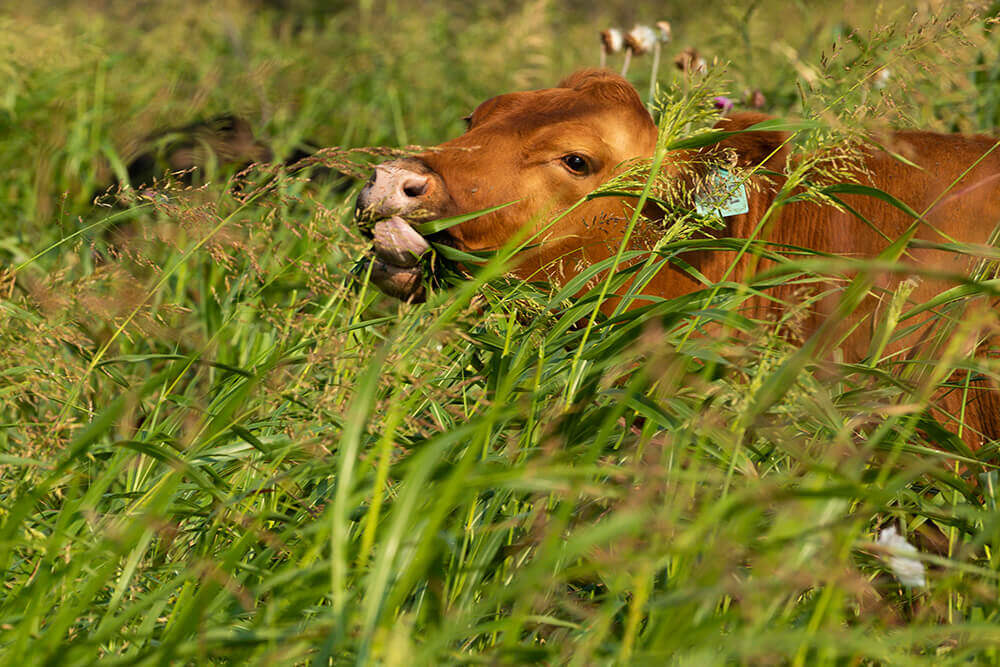
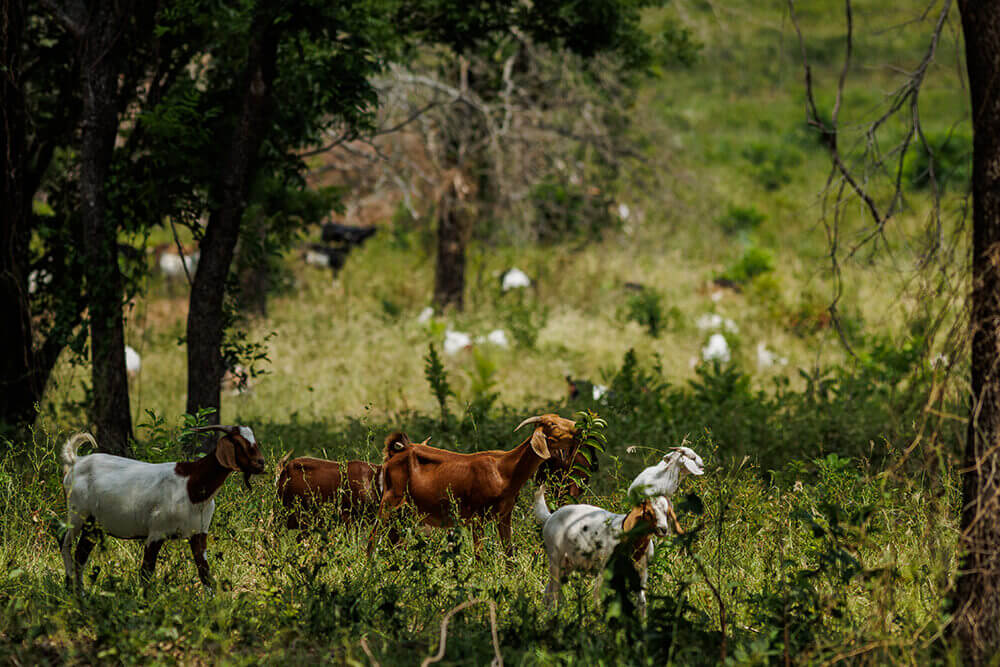
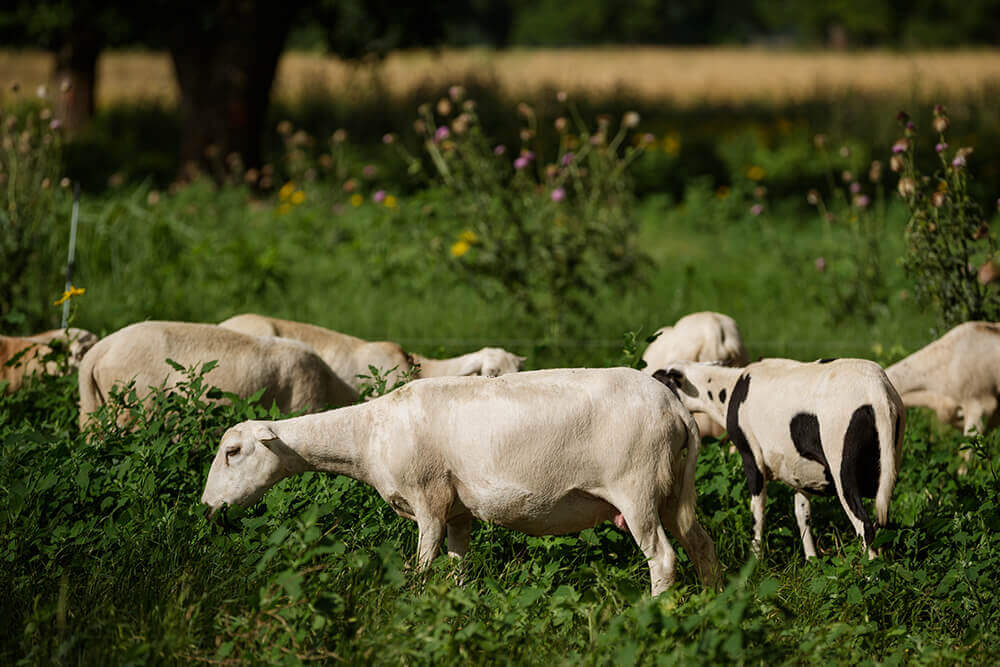
Noble Research Institute is the nation’s largest nonprofit dedicated to farm and ranch management education, serving as a trusted guide in land stewardship through education and mentorship of farmers and ranchers. Demonstrating our ongoing commitment to regenerating our nation’s grazing lands, Noble actively manages 13,500 acres of working ranchlands to provide real-world insights and applications for farmers and ranchers.
For media inquiries concerning the Noble Research Institute, please contact:
Kim Leaston, Public Relations Specialist | [email protected]
For article reprint information, please visit our Media page.
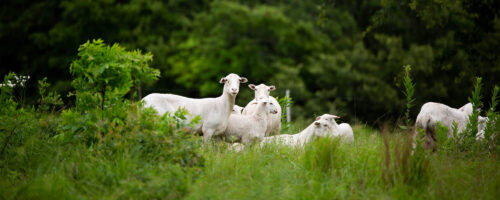
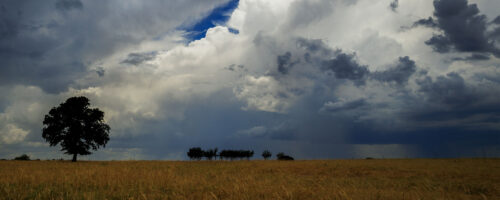
Comment